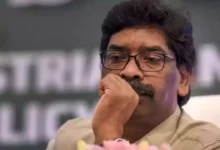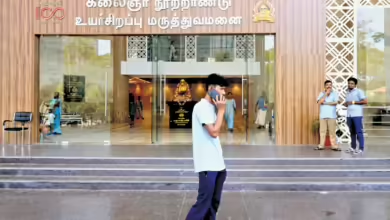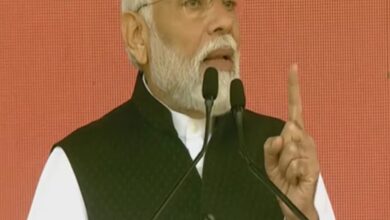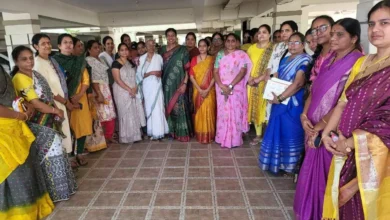Supreme Court rules that extrajudicial confessions are poor evidence
As the Supreme Court said on Tuesday, acquitting a man found guilty in a 1998 murder case, extrajudicial confessions are by definition “weak pieces” of evidence that may be used as corroborative evidence in conjunction with substantial evidence.

The man filed an appeal with the supreme court, contesting the Punjab and Haryana High Court’s decision to uphold the trial court’s May 1999 ruling that found him guilty and sentenced him to life in jail.
According to the prosecution, the appellant killed a man in June 1998 in a Bhiwani movie theater because he thought the victim was having extramarital affairs with his wife.
The testimony of the victim’s brother and another witness, who said that the accused had confessed in front of them, formed the bulk of the prosecution’s case, a bench of Justices BR Gavai and Sandeep Mehta observed.
According to the Bench, both of these witnesses were “wholly unreliable witnesses,” and it would be dangerous to rely on their testimony to prove the accused’s guilt.
Regarding the alleged extrajudicial confession that the accused gave to a witness, the Bench said that the testimony of a defense witness refuted it. The victim’s brother acknowledged during cross-examination that the corpse was removed from the scene at around 4 p.m., and the Bench observed that the event had occurred at approximately 11.30 a.m.







